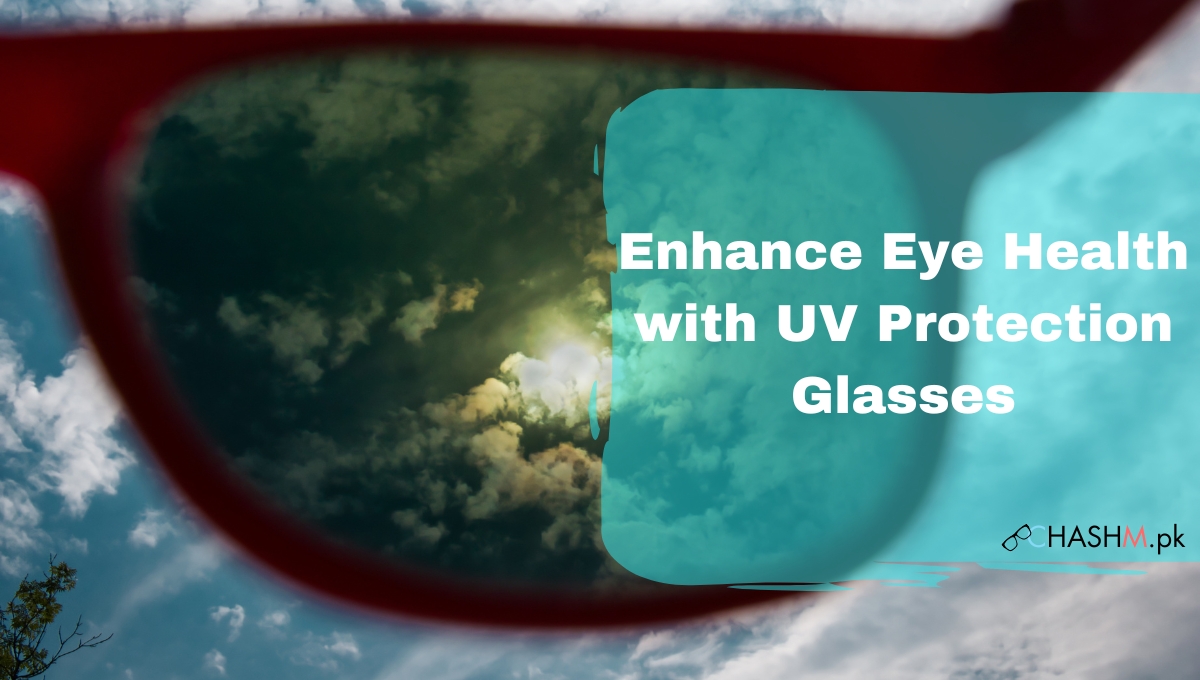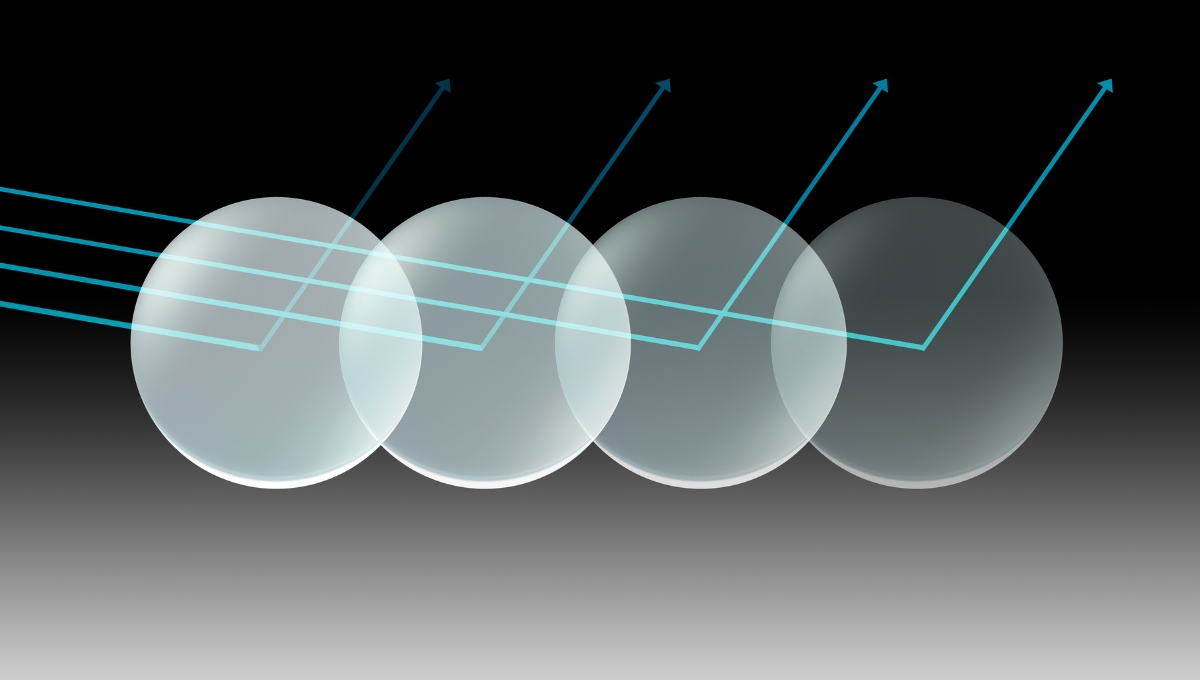
Enhance Eye Health with UV Protection Glasses
In today’s world, where we are constantly exposed to harmful ultraviolet (UV) rays from the sun and other sources, protecting our eyes is of utmost importance. The harmful effects of UV rays on our eyes can lead to various eye conditions, including cataracts, macular degeneration, and even cancer. Therefore, it is crucial to choose the best UV protection glasses to safeguard our eye health. In this comprehensive guide, we will explore the different types of UV rays, the significance of UV protection on glasses, the benefits of polarized UV protection glasses, and where to buy them.
The Importance of UV Protection for Eye Health
Before diving into the world of UV protection glasses, let’s understand why protecting our eyes from harmful UV rays is so crucial. UV rays are a type of radiation emitted by the sun, and prolonged exposure to these rays can cause significant damage to our eyes. Over time, this damage can lead to vision problems and even serious eye diseases.
Understanding UV Rays and Their Effects on the Eyes
There are two main types of UV rays that can harm our eyes: UVA and UVB.
1. UVA
UVA rays have a longer wavelength and can penetrate deeper into the eye. They are present throughout the year, even on cloudy days, and can pass through glass. UVA rays are responsible for causing premature aging of the eyes, leading to wrinkles, sagging skin around the eyes, and an increased risk of developing cataracts.
2. UVB
UVB rays have a shorter wavelength and are more intense than UVA rays. They are most prevalent during the summer months and can cause immediate damage to the eyes, such as sunburned corneas (photokeratitis) and snow blindness. UVB rays are also a major contributor to the development of skin cancer around the eyes.

What is UV Protection on Glasses?
UV protection on glasses refers to the ability of the lenses to block or filter out harmful UV rays. It is important to note that not all glasses provide the necessary UV protection. When choosing UV protection glasses, look for those that offer 100% protection against both UVA and UVB rays. Without proper UV protection, wearing sunglasses can actually be more harmful, as they can dilate the pupils and allow more UV rays to enter the eyes.
Different Types of UV Protection Glasses
There are various types of UV protection glasses available in the market, each offering different levels of protection and features. Let’s explore the most common types:
1. Non-Polarized UV Protection Glasses
Non-polarized UV protection glasses are the most basic type of UV protection eyewear. They block both UVA and UVB rays and provide essential protection for your eyes. These glasses are suitable for everyday use and are widely available in various styles and designs.
2. Polarized UV Protection Glasses
Polarized UV protection glasses go a step further by reducing glare caused by reflected light. They contain a special filter that blocks horizontal light waves, enhancing visual clarity and reducing eye strain. Polarized glasses are particularly beneficial for outdoor activities such as driving, fishing, and skiing, as they provide better vision in bright conditions.
3. Prescription UV Protection Glasses
If you wear prescription glasses, you can still enjoy the benefits of UV protection by opting for prescription UV protection glasses. These glasses are customized to your specific prescription needs and offer the added benefit of protecting your eyes from harmful UV rays.
The Benefits of Polarized UV Protection Glasses

Polarized UV protection glasses offer several advantages over non-polarized glasses. Here are some key benefits:
- Reduced Glare: Polarized lenses significantly reduce glare caused by reflected light, improving visual comfort and clarity. This is particularly beneficial when driving or participating in outdoor activities.
- Enhanced Contrast: By reducing glare, polarized lenses enhance contrast and make objects appear sharper and more defined. This is especially useful in situations where precise vision is crucial, such as reading or playing sports.
- UV Protection: Like non-polarized UV protection glasses, polarized glasses provide 100% protection against both UVA and UVB rays. This ensures optimal eye health and minimizes the risk of eye conditions caused by prolonged UV exposure.
Where to Buy UV Protection Glasses
When it comes to purchasing UV protection glasses, it is important to choose a reputable and reliable source. One such option is www.chashm.pk, a trusted online platform that provides a wide range of high-quality UV protection glasses. Their collection includes non-polarized and polarized glasses, as well as prescription UV protection glasses. With their exceptional customer service and commitment to eye health, www.chashm.pk is an excellent choice for all your UV protection eyewear needs.
How to Test the Effectiveness of UV Protection Glasses
To ensure that your UV protection glasses are effectively blocking harmful UV rays, you can perform a simple test using a UV light source. Hold your glasses under the UV light, and if the lenses appear darker or change color, it indicates that they are blocking UV rays. On the other hand, if the lenses remain clear or do not change color, it may be a sign that the glasses do not provide adequate UV protection.
FAQ’s
Do Transition Lenses Have UV Protection?
Transition lenses, also known as photochromic lenses, automatically adjust their tint based on the amount of UV exposure. While transition lenses do offer UV protection, it is essential to check whether they provide 100% protection against both UVA and UVB rays. Some transition lenses may have limited UV protection, so it is advisable to consult with an optician or check the manufacturer’s specifications before relying solely on transition lenses for UV protection.
How Long Do UV Protection Glasses Last?
The lifespan of UV protection glasses depends on various factors, such as the quality of the lenses, how often they are worn, and how well they are cared for. Generally, UV protection glasses can last for several years if properly maintained. However, it is recommended to replace them if you notice any signs of damage, such as scratches or lens discoloration, as compromised lenses may not provide adequate UV protection.
Do Mobile Screens Emit UV?
Mobile screens, such as those on smartphones and tablets, do not emit significant amounts of UV rays. However, prolonged exposure to the blue light emitted by these screens can cause eye strain, digital eye fatigue, and disrupt sleep patterns. To protect your eyes from the potentially harmful effects of blue light, consider using blue light-blocking glasses or adjusting the settings on your devices to reduce blue light emission.
Final Words:
Choosing the best UV protection glasses is essential for maintaining optimal eye health. By understanding the different types of UV rays, the significance of UV protection on glasses, and the benefits of polarized UV protection glasses, you can make an informed decision to protect your eyes from harm. Remember to purchase UV protection glasses from reputable sources like www.chashm.pk and regularly test their effectiveness. With the right UV protection glasses, you can enjoy clear vision and safeguard your eyes for years to come.
